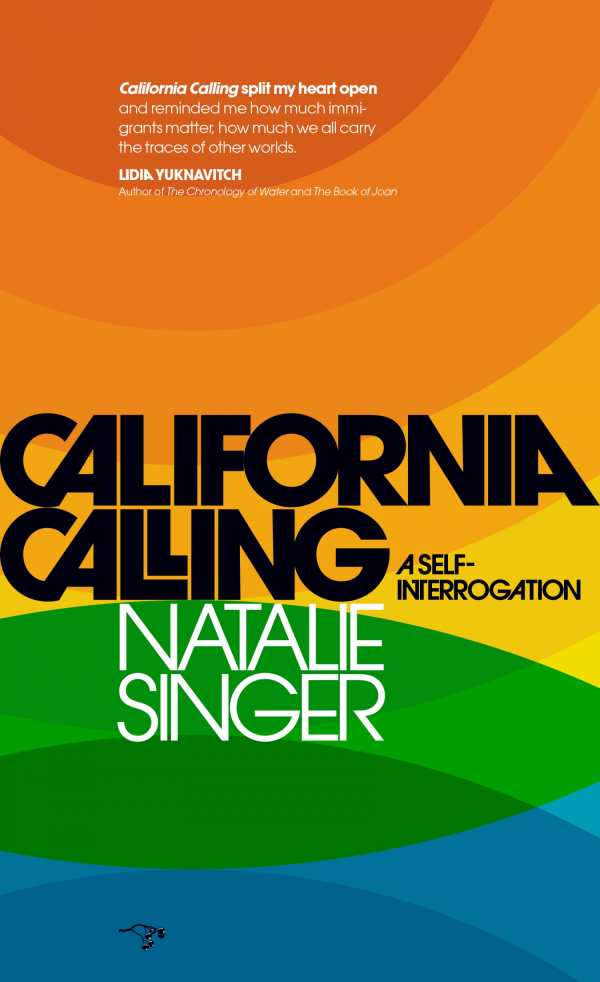California Calling
A Self-Interrogation
“California is a fable. A fantasy. A fiction,” Natalie Singer writes of her adopted home. “A metamorphosis.” So it was for the explorers and prospectors who first clambered over the Sierra to find it; so it remains for every wave of subsequent immigrants to fall under its spell. So it was for her.
In her captivating literary memoir, Singer recalls finding California in waves. She fell in love with the idea of it as a child; she met it face to face in her teen years, when her mother relocated their family to a town just beyond the San Francisco Bay. But as much as her book is a celebration of place, it is also about the insatiability of hunger for home. Buried in her pages, even when she’s most wrapped up in California’s glow, is a searing sense of loss.
The interrogation referred to in the title is both a memory and a reconstruction. When she was sixteen, a family court demanded that she justify her family in order to keep it. She couldn’t find the words. Not then. Now, in retrospect, she paints a picture of a family that was unconventional, sure, but that from generation to generation grew up from unapologetic and acute desire.
Singer’s story comes through brief and lovely snapshots of moments, captured in language that is visceral and vivacious:
I am beginning to love her, California. Every direction is a new part of her mapped body, wild grasses like silky hair. Kidney swimming pools; flower-bud breath; warm-arteried highways.
As powerful as what she does share are the things that she chooses to mute or conceal. She touches on her shtetl ancestors’ stories only briefly, but with evident pain; an account suited to #MeToo is slipped into a footnote. The result is a work that is both raw and incandescent, but whose most powerful reveals will perhaps reemerge in the reader’s consciousness only after the fact. This is a California that, as promised, truly does belong to all.
Reviewed by
Michelle Anne Schingler
Disclosure: This article is not an endorsement, but a review. The publisher of this book provided free copies of the book to have their book reviewed by a professional reviewer. No fee was paid by the publisher for this review. Foreword Reviews only recommends books that we love. Foreword Magazine, Inc. is disclosing this in accordance with the Federal Trade Commission’s 16 CFR, Part 255.

